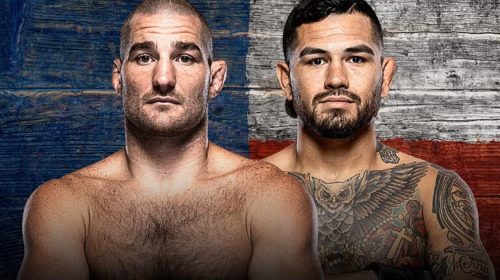
Online Betting: How to Manage Your Bankroll Effectively
Online betting has become increasingly popular as more people enjoy the thrill of placing bets on their favorite sports, casino games, or other events from the comfort of their own homes. However, without proper bankroll management, this exciting pastime can quickly turn into a financial burden. Bankroll management is crucial for any bettor who wants to enjoy betting over the long term, minimize losses, and potentially increase profits. In this article, we’ll explore effective strategies for managing your bankroll to ensure that online betting remains a fun and sustainable activity.
Understanding Bankroll Management
Bankroll management refers to the practice of controlling the amount of money you are willing to risk in your betting activities. It involves setting a budget for your betting, determining the size of your bets, and knowing when to walk away. The primary goal of bankroll management is to prevent you from losing more money than you can afford, thereby reducing the risk of financial strain.
Setting a Budget
The first step in bankroll management is setting a budget. Your budget should be an amount of money that you are comfortable losing without it affecting your day-to-day life. This is known as your bankroll. It’s essential to be honest with yourself about how much you can afford to risk and to stick to this budget strictly.
To set your budget, consider your monthly income, expenses, and any other financial obligations. Once you’ve determined how much disposable income you have, decide what portion of that amount you are willing to allocate to betting. Remember, your bankroll should never include money that is needed for essential expenses like rent, bills, or groceries.
Determining Bet Size
Once you have set your bankroll, the next step is to decide how much to wager on each bet. This is where many bettors make mistakes by placing bets that are too large about their bankroll. A common rule of thumb is the “1-5% rule,” which suggests that you should only risk between 1% and 5% of your total bankroll on a single bet.
For example, if your bankroll is $1,000, you should bet no more than $10 to $50 on any single wager. The idea is to minimize the impact of a losing bet on your overall bankroll. This approach also helps to keep you in the Slot Gacor game longer, allowing you to ride out inevitable losing streaks without depleting your funds.
Managing Risk with Unit Betting
Unit betting is a strategy that can further refine your bankroll management. A “unit” is a standardized amount that you wager on each bet. Instead of betting different amounts on each wager based on confidence or emotion, you bet a consistent unit size. For instance, if you decide that your unit is 2% of your bankroll, then you would bet $20 on each wager if your bankroll is $1,000.
Using units helps you manage your risk more effectively and prevents you from making impulsive decisions based on short-term results. It also allows you to measure your performance over time, as you can track the number of units won or lost instead of just focusing on dollar amounts.
Adjusting Bet Size Based on Bankroll Changes
As you win or lose bets, your bankroll will fluctuate. It’s essential to adjust your bet size accordingly to ensure that you’re always betting within a safe range relative to your current bankroll. If your bankroll increases, you can gradually increase your unit size. Conversely, if your bankroll decreases, you should reduce your bet size to avoid the risk of losing your entire bankroll too quickly.
For example, if your bankroll grows from $1,000 to $1,200, you might increase your unit size from $20 to $24. On the other hand, if your bankroll decreases to $800, you should reduce your unit size to $16. This dynamic approach to betting ensures that you are always betting within your means and protecting your bankroll from excessive losses.
Avoiding the Temptation to Chase Losses
One of the most common mistakes that bettors make is chasing losses. This occurs when you increase your bet size after a loss in an attempt to quickly recover your losses. Chasing losses is a dangerous practice that can lead to even more significant losses and quickly deplete your bankroll.
To avoid chasing losses, it’s crucial to stay disciplined and stick to your predetermined bet size. Remember that losing streaks are a natural part of betting, and trying to “win back” losses by increasing your bets is a surefire way to put your bankroll at risk. Instead, focus on the long-term and trust in your bankroll management strategy.
The Importance of Record Keeping
Keeping detailed records of your bets is an essential part of bankroll management. By tracking your bets, you can identify patterns, understand your strengths and weaknesses, and make more informed decisions in the future. Your records should include the date of the bet, the amount wagered, the type of bet, the odds, and the outcome.
Reviewing your records regularly allows you to assess your performance and make adjustments to your betting strategy as needed. It also helps you stay accountable to your bankroll management plan and ensures that you are betting within your means.
Conclusion
Effective bankroll management is the foundation of successful and sustainable online betting. By setting a budget, determining the appropriate bet size, and staying disciplined in your approach, you can enjoy the excitement of online betting without putting your financial well-being at risk. Remember to keep detailed records of your bets, adjust your bet size based on your bankroll, and know when to walk away. With these strategies in place, you can make the most of your online betting experience while minimizing the risks.
























